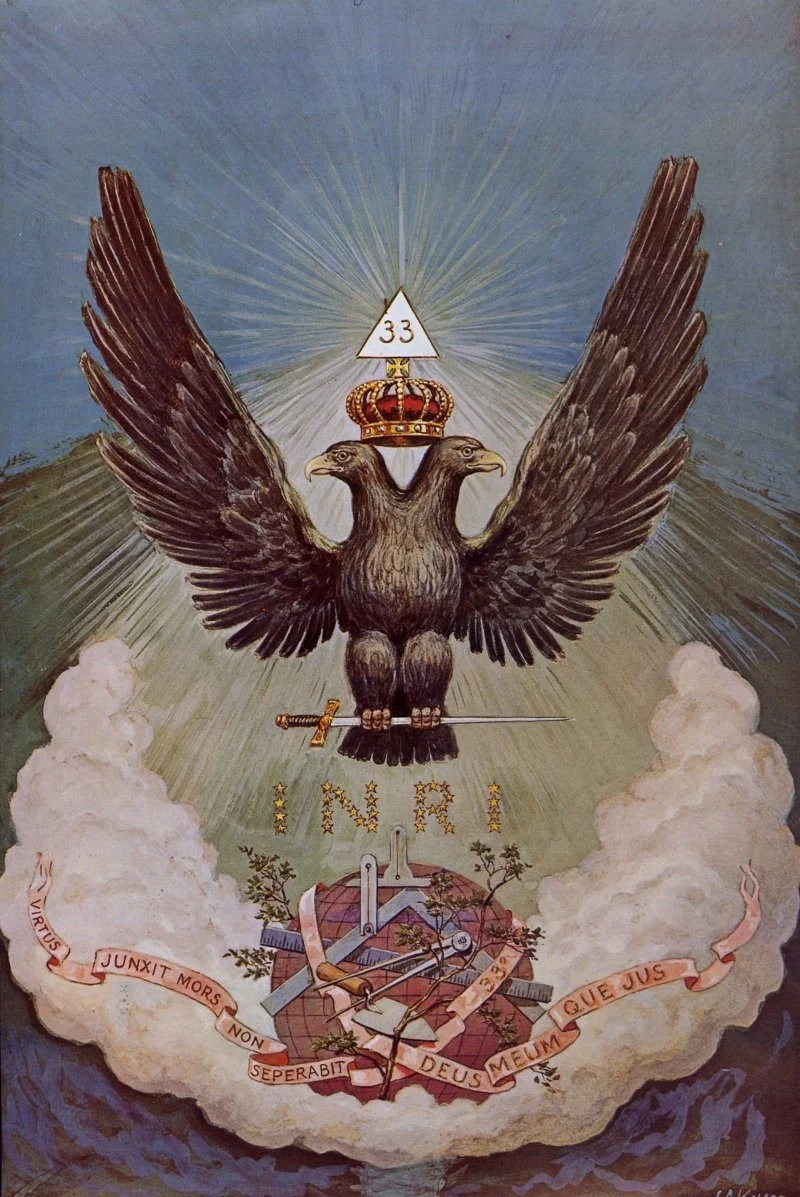Tank 01: The Initiation of Self-Authority
The Demon of Likeability
“The desire to be liked is not a weakness; it is a demon.
It corrupts the creative current of genius by forcing it to imitate what is already popular.
The genius does not seek acceptance; it seeks precision.
It does not compete; it creates.
Its only allegiance is to clarity and to the silent law of the soul.
Those possessed by the demon of likeability lose the taste of their own blood.
They starve surrounded by applause.
Their greatness is diluted in the effort to sound palatable.
Their life becomes an apology instead of an offering.”
— Anonymous
Building the Empire Within
Every human being receives a distinct configuration of circumstances—our hand in this long game of life. The Supreme Architect does not deal by mistake. Each card is a training ground for sovereignty. Yet most of us forget this and begin to doubt our own competence. We surrender authority to the projections of others and to the old codes of family, culture, and fear. That doubt is the first breach in the walls of the inner Empire.
The hunger to be liked grows out of that breach. It looks harmless, even virtuous, but it is a parasite of power. The need to be approved makes the mind reactive, the heart compliant, and the body heavy. It blinds the genius that wants only precision, not permission. Genius has its own agenda; it is loyal to clarity, not applause.
To reclaim command is to stop outsourcing direction. This requires the courage to be disliked and the willingness to stand alone in silence until the next right action becomes obvious. In that stillness, responsibility and freedom become the same thing. Approval is no longer a currency; accountability becomes the only wealth that matters.
The work is radical self-governance. Every thought either strengthens or weakens the Empire. Each act of discipline restores structure; each act of indulgence opens the gates to chaos. This is not about punishment but precision—the hygiene of sovereignty. The practice is simple: close the leaks, fortify the boundaries, remember who issues the orders.
Integration is the second law. What we call arrogance, ego, or shadow are not enemies but untrained soldiers. Exile them and they riot; train them and they serve. The task is to turn noise into data, compulsion into energy, reaction into discernment. The tools are already mapped in the traditions that study the psyche and the vital forces — IFS Therapy, the Daoist Body (& Inner Empire), and the long discipline of Self-Reliance.
Grace is force mastered to the point of stillness and silence. A refined gesture is not decoration; it is proof of coherence. The Queen archetype rules through composure and wisdom. Power without grace destroys; grace without power decays. Both must exist in the same body.
Solitude is strategy. Drinking tea alone is not withdrawal; it is meeting with Source. No validation, no performance—only presence and a melting away of expectations of the ego. From that interior stillness the genius receives its next directive, and the Empire realigns.
This is the real initiation: to lead oneself. To construct one’s life as an act of devotion rather than reaction. To move from self-doubt to self-command. The Kingdom of Heaven is within; the Empire of Earth is its reflection.
Every action weaves, either building in alignment or eroding with ignorance. The choice is ours. The tools referenced are below.
Internal Family Systems (IFS) — Shows how the mind is not one voice but a kingdom of parts. The work of self-authority begins by recognizing, unblending, and leading these parts with clarity rather than exile.
Organ Officials of the Royal Court (the Daoist Body) — Describes how each organ has its own spirit and duty within the body’s government. Mastery of the inner empire requires that every official (Organ + Meridian) —Heart, Liver, Lungs, Spleen, Kidneys—serve under the command of the Emperor, the Heart.
Self-Reliance by Ralph Waldo Emerson — A treatise on trusting the inner law above social approval. The antidote to the Demon of Likeability.
The Soul’s Code by James Hillman — Explores the idea of a personal daimon—the inner genius carrying the blueprint of destiny. Our task is not to invent purpose but to remember it.
The Genius Myth by Michael Meade — Affirms that genius (= Hillman’s Daimon) is not a luxury for the gifted but the birthright of every soul. It is the inner fire that refuses imitation and demands integrity.
Napoleon Hill’s Definiteness of Purpose — A system of disciplined intention. It teaches that prosperity and peace come when energy is organized under one clear aim, not scattered in the pursuit of approval.
The Art of War by Sun Tzu — Strategy as spiritual hygiene. The text reminds us that victory depends on self-knowledge, disciplined timing, and the refusal to fight unnecessary battles within or without.



